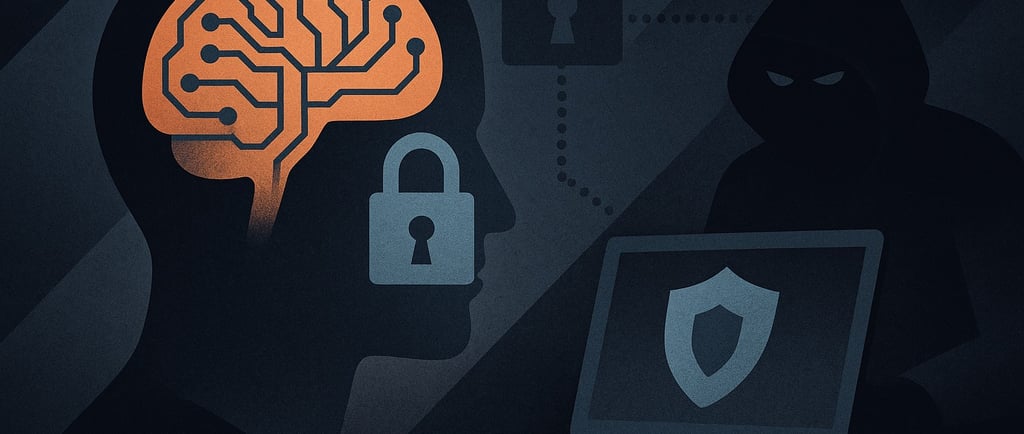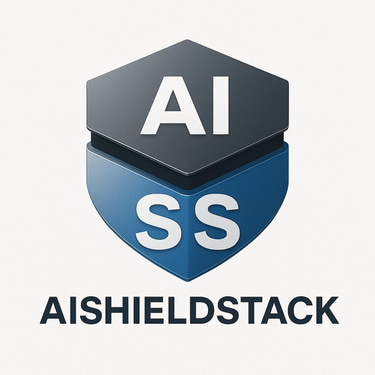Advancing Cybersecurity with AI Innovations
AI is revolutionizing cybersecurity with advancements like Google's Big Sleep, which proactively identifies vulnerabilities. New tools and collaborations are enhancing the capabilities of security teams. Responsible deployment and strategic partnerships are crucial for a safer digital future.
USAGETOOLSWORK
AI Shield Stack
9/29/20252 min read


AI is ushering in a new era of innovation, particularly in cybersecurity, where it holds the promise of enhancing defenses against ever-evolving threats. The recent advancements in AI tools, such as Google's Big Sleep, illustrate how these technologies can proactively identify and mitigate security vulnerabilities before they can be exploited. As we approach significant cybersecurity events like Black Hat USA and DEF CON 33, the focus on agentic capabilities, next-generation security models, and strategic public-private partnerships is paramount.
Big Sleep, developed by Google DeepMind and Google Project Zero, exemplifies the potential of AI in cybersecurity. This AI agent has successfully discovered multiple real-world vulnerabilities, including a recent critical SQLite flaw (CVE-2025-6965) that was previously known only to malicious actors. By leveraging threat intelligence, Big Sleep has not only identified vulnerabilities but has also played a pivotal role in preemptively thwarting potential exploits.
The impact of such AI advances extends beyond Google's own products. Big Sleep is also being deployed to enhance security across widely used open-source projects, thereby improving overall internet security. These innovative tools allow security teams to focus on complex threats while automating routine tasks, effectively scaling their capabilities.
In addition to agentic tools like Big Sleep, Google is introducing new AI capabilities designed to streamline cybersecurity operations. For example, the Timesketch platform will soon integrate agentic capabilities powered by Sec-Gemini, which will automate initial forensic investigations, allowing analysts to dedicate their time to higher-level tasks. This summer, attendees at Black Hat USA will get a firsthand look at these advancements.
Moreover, FACADE, an AI-based system for insider threat detection that has been operational at Google since 2018, will also be showcased. FACADE’s unique approach allows it to process billions of daily security events without relying on historical attack data, making it a potent tool in identifying internal threats.
Collaboration is crucial in the realm of cybersecurity. Google’s Coalition for Secure AI (CoSAI) aims to ensure the safe implementation of AI systems by uniting industry and public sector partners. As part of this initiative, Google is donating data from its Secure AI Framework (SAIF) to bolster CoSAI’s efforts in agentic AI and cyber defense.
As we look forward to the conclusion of the AI Cyber Challenge (AIxCC) with DARPA at DEF CON 33, the unveiling of new AI tools to secure open-source projects will mark a significant milestone. The winners of this challenge will demonstrate the innovative potential that AI holds for enhancing cybersecurity.
The advancements in AI are indeed a game changer for cybersecurity, but the path forward requires a commitment to responsible deployment and collaboration across sectors. By focusing on building these tools securely and applying them effectively, we can pave the way for a safer digital future. At AI Shield Stack, we are dedicated to providing the necessary resources and support to navigate this evolving landscape, ensuring that organizations can leverage AI safely and effectively.
Cited: https://blog.google/technology/safety-security/cybersecurity-updates-summer-2025/
